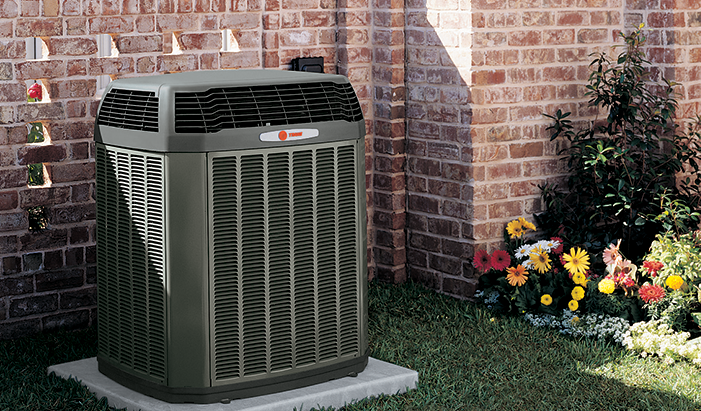When the time comes to replace the HVAC (heating, ventilation, and air conditioning) system in your home, the options may feel overwhelming. After all, determining the best AC unit depends on a range of factors, from home size to efficiency ratings. We’ve written on a variety of topics related to selecting an HVAC, and with this article, we are pulling it all together in one place with hopes of providing you with a single comprehensive resource.
Knowing When to Replace an AC Unit
How do you know when to buy a new AC? As a general rule, a properly maintained unit can last from 10 to 20 years. However, older units tend to require more repairs and parts can be hard to find (not to mention more costly).
Signs that it’s time to replace your AC include:
- Frequent breakdowns and repairs
- Problems with the indoor coil or compressor
- Increasing energy bills
- Growing levels of dust in your home
- A unit that uses R22 refrigerant (a now-banned product)
- The repair cost is more than half the price of a new unit
The Right HVAC Size
Homeowners may assume they should replicate the size and capacity of their existing AC unit, but systems that are too big or too small may cause problems.
An oversized AC is more likely to:
- Turn on and off frequently, which overworks the unit, increases energy bills, and leads to inconsistent temperature levels.
- Experience more wear and tear.
- Dehumidify and cool air less effectively, decreasing comfort.
An undersized HVAC is more likely to:
- Run constantly, resulting in excessive energy consumption and higher bills.
- Be unable to cool or heat your home to comfortable levels when outdoor temperatures soar or dip.
- Break frequently, requiring more maintenance.
Avoid these pitfalls by choosing the right size AC. A certified HVAC technician will perform a comprehensive analysis of your space to determine the optimal size.
SEER Ratings
A system’s SEER rating (Seasonal Energy Efficiency Ratio) tells you how much energy it consumes. The higher the SEER, the more efficient the unit. Factors such as temperature and humidity also affect efficiency.
In most cases, systems with higher SEER ratings cost more, but the energy bill savings associated with higher efficiency AC units can pay off over time. An HVAC professional can help you determine which SEER rating works best for your unique situation.
HVAC Zoning
Finally, consider a multi-zone system. HVAC zoning allows you to regulate energy use and save up to 30 percent on cooling bills.
With a zoned system, your home is separated into sections, each with its own temperature control. Separate airflow areas mean it’s easier to control pollutants and irritants—such as pollen or pet dander—within the home. HVAC zoning can be an ideal option when family members have different temperature preferences and unique health requirements.
Conclusion
When it’s time to replace your AC, buying off-season can help lower costs. You’ll also want to compare at least three quotes and check references to ensure you’re getting the best service for your money. Work with a certified HVAC professional like Northeast Air Conditioning, Heating & Plumbing to optimize your system and keep your home comfortable.


